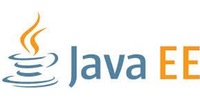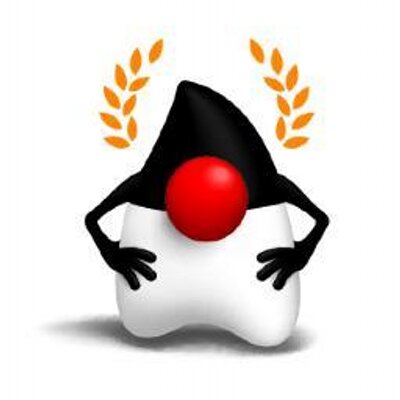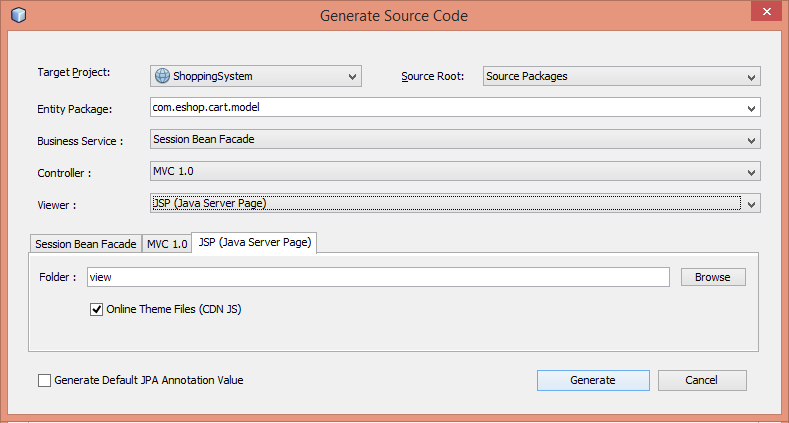You have probably noticed that the Java Community Process (JCP) has made becoming a member much easier. There is a new membership level called Associate Member which does not require any paperwork or approval of your employer and it can all be done online filling out a simple form.
https://jcp.org
Why should you become a member?
– It looks good on your resume
– You can join as a contributor to any JSR and help evolve the Java ecosystem
– You get a vote in the upcoming elections for the Executive Committee
Why is the last item important?
Well, I am running for an associate seat in the EC, so by joining the JCP and voting for me in the upcoming election, you make sure that your voice is heard at the very top level of the JCP. My motivation is to give as much power to the community as possible.
Let’s make the JCP Great Again!
Please feel free to contact me on Twitter or discuss in the comment section if you have any questions or comments.










